
The Latest on Rosacea
By Lucia Ferrari
April is Rosacea Awareness Month, so Lucia Ferrari sits down with Consultant Dermatologist Dr Ophelia Veraitch to hear about the very latest on Rosacea
How do you know if you’ve got rosacea?
Rosacea is an inflammatory skin condition which is more common in fair skinned individuals though it can occur in all skin types. It is a flushing or redness of the skin which can be accompanied by red vein marks, a rash or spots on the face. It mainly affects the cheeks, chin, nose and forehead. Some may say that skin conditions rosacea cannot be cured, but these days with good dermatological treatments it can be managed remarkably well.
What causes rosacea?
The exact cause of rosacea isn’t fully known though a mixture of factors can contribute to the onset of rosacea such as genetics, environmental factors, stress and the demodex mite. Some of the well known triggers are alcohol, spicy food, sun damage and moving from hot to cold temperature conditions.
Is it rosacea or something else?
If you think you are suffering from rosacea, book to see a consultant dermatologist who can help you find the right treatment path with individual prescriptions and skincare. Management of rosacea takes routine and perseverance, but improvement is absolutely possible. With a new rosacea patient, I find it’s important to confirm that it is definitely rosacea as it can often be confused with acne or other inflammatory skin conditions, so it’s worth spending sufficient time trying to establish the underlying causes and triggers because this affects which treatments will be effective. I do find a lot of people get labelled with rosacea when they don’t actually have it and may have been led down a treatment path that has subsequently not been effective.
How to treat rosacea?
There are lots of treatment options available including topical creams, oral antibiotics and in clinic treatments which your dermatologist will assess what’s correct for you. A lot of cases of rosacea cases are associated with the demodex mite which can live on the skin which is why I’ve included the anti-parasite medication Ivermectin (which specifically targets the demodex mite) in my Rosacea Day Serum. My Rosacea Night Serum includes metronidazole which is an antibiotic known to be effective for treating rosacea and it also has anti-inflammatory properties. I have also included azelaic acid which helps redness. Topical creams can be paired with oral antibiotics such as Lymeycline which is usually given as a 3 month course, sometimes longer. For some people, beta-blockers and alpha—blockers, which are medications used to treat blood pressure and other conditions may help reduce facial redness by constricting blood vessels. There are other topicals such as Mirvaso gel which includes an ingredient called brimonidine which can also be effective for reducing redness.
How can I treat my rosacea at home?
Less is definitely more when it comes to your skincare routine at home. A lot of rosacea patients will also have skin allergies or skin sensitivity, so avoiding any product with fragrance is very important to keep the skin as calm as possible. For morning cleansing, keep things simple with something like Cetaphil Gentle Skin Cleanser or CeraVe Hydrating Cleanser. Then I’d use Dr Ophelia Rosacea Day Serum (with Ivermectin and Vitamin E). It’s really important for rosacea sufferers to use a daily SPF as UV radiation from sunlight is one of the triggers for flareups. And mineral sunscreens containing physical blockers such as zinc or titanium dioxide are less likely to exacerbate rosacea-prone skin than chemical blockers such as avobenzones and benzophenones. I recommend Skinceuticals Advanced Brightening UV Defense SPF 50. For evening I’d introduce a cleanser with BHA (beta hydroxy acid) if you wear makeup and follow with Dr Ophelia Rosacea Night Serum (with azelaic acid and metronidazole).
Which in-clinic work for rosacea?
Vascular laser treatments (such as ND:Yag or pulse dye lasers) are the gold standard to treat redness associated with rosacea. And in our clinic we also treat rosacea with light based therapies such as IPL (Intense Pulse Light). For severe rosacea, fractional resurfacing laser such as Fraxel Dual laser can be used. Even Botox can be an effective treatment option for some rosacea patients as it reduces the nerve pathways which produce the vasodilatory chemicals which can lead to redness.
What are there the newest treatment options to help treat rosacea?
There is a new realm of skincare referred to as neurocosmetics (which interact with our neuroreceptors) and there are some topicals in this arena which may be helpful for some rosacea patients who are struggling to find a solution. Essentially, they work by addressing the nerve signals which cause redness. Also, as many rosacea patients have sensitive skin and may have contact allergies too, patch testing is also a valuable tool too when diagnosing and treating rosacea patients to help establish what causes the redness in the first place.
Shop Bestsellers


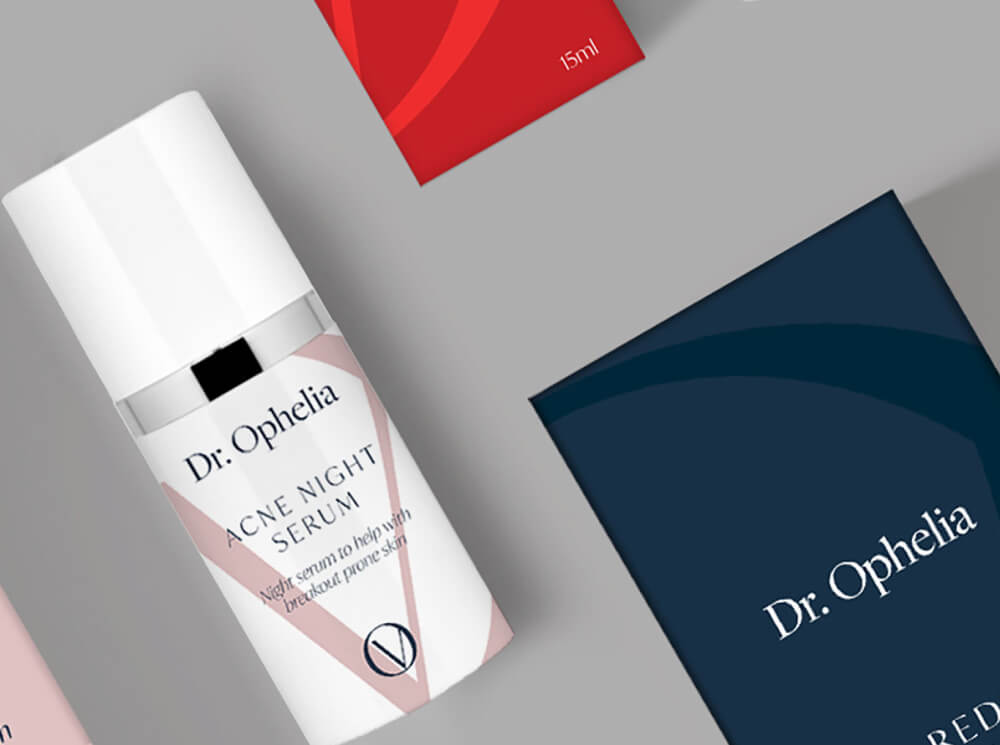
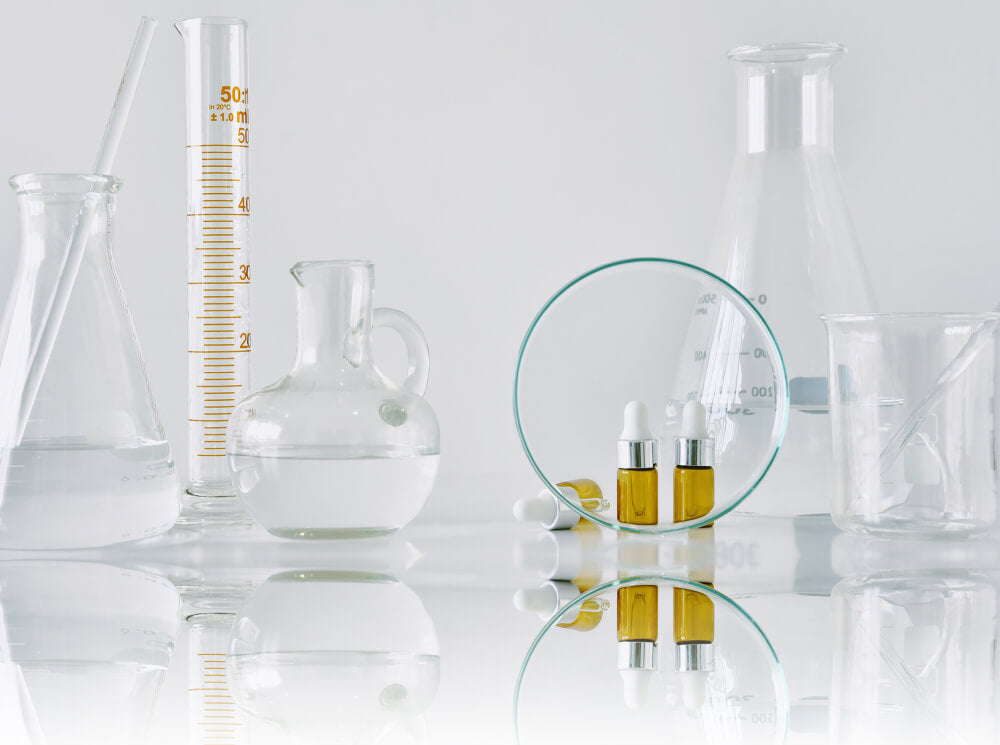
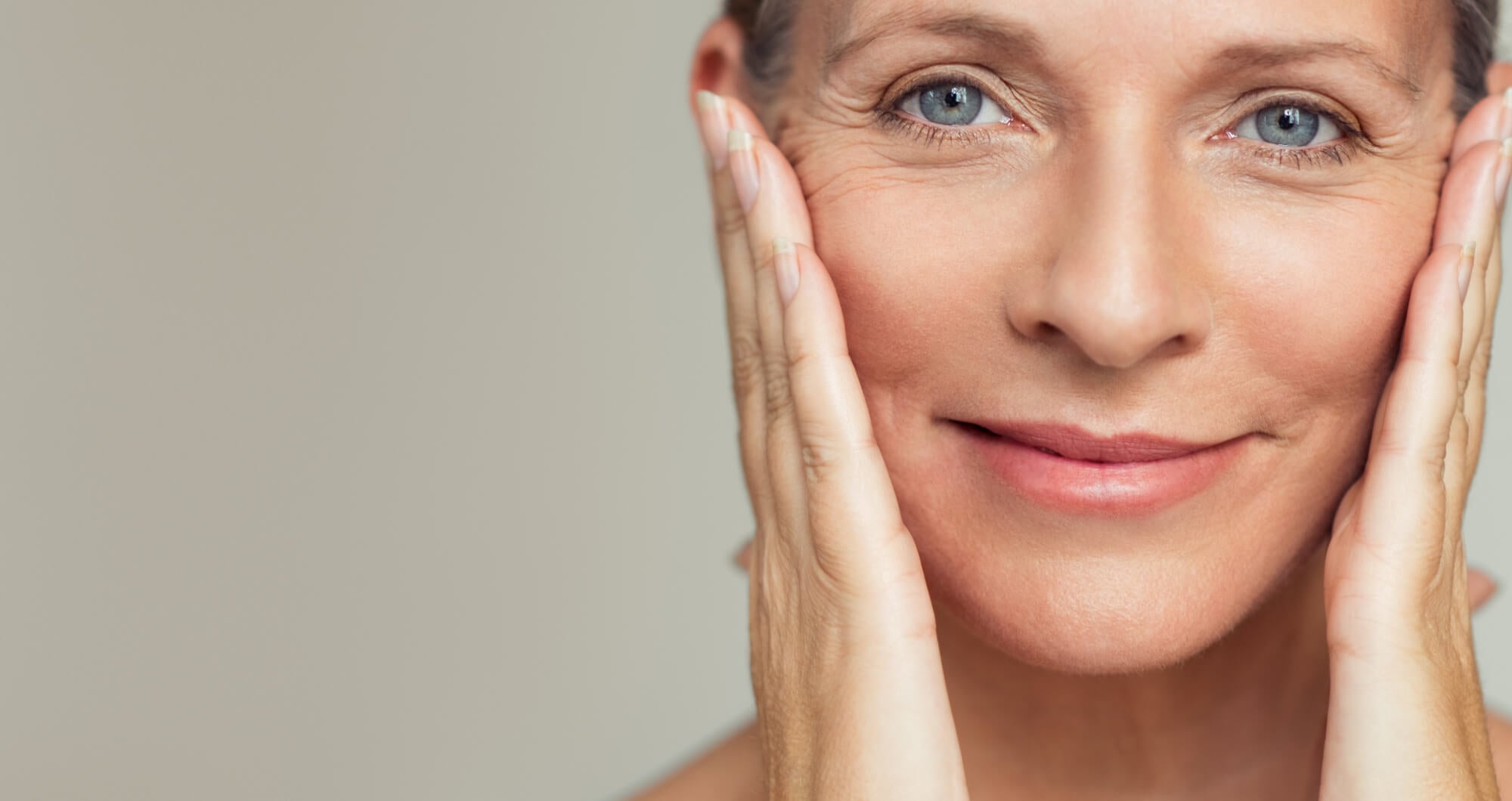
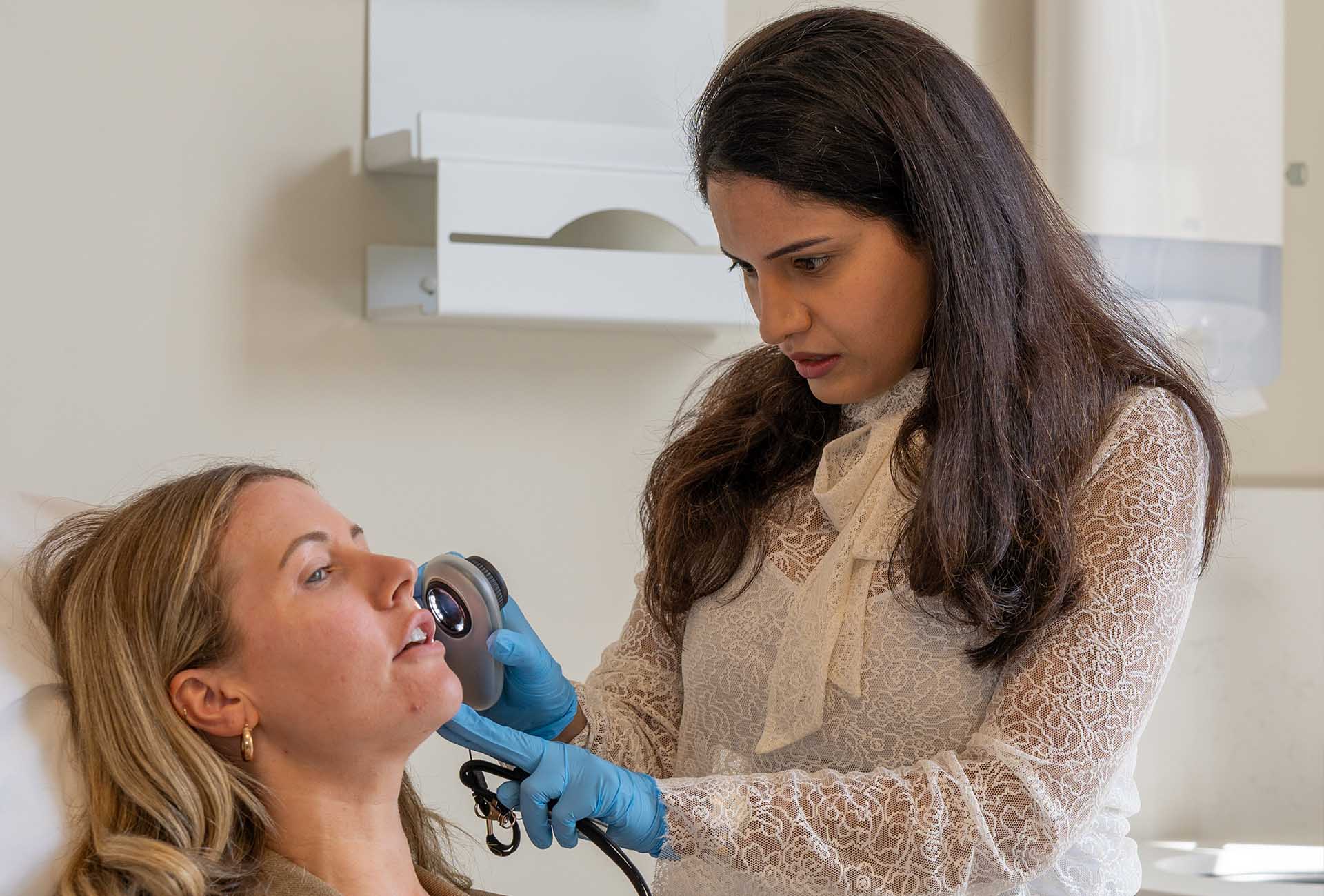
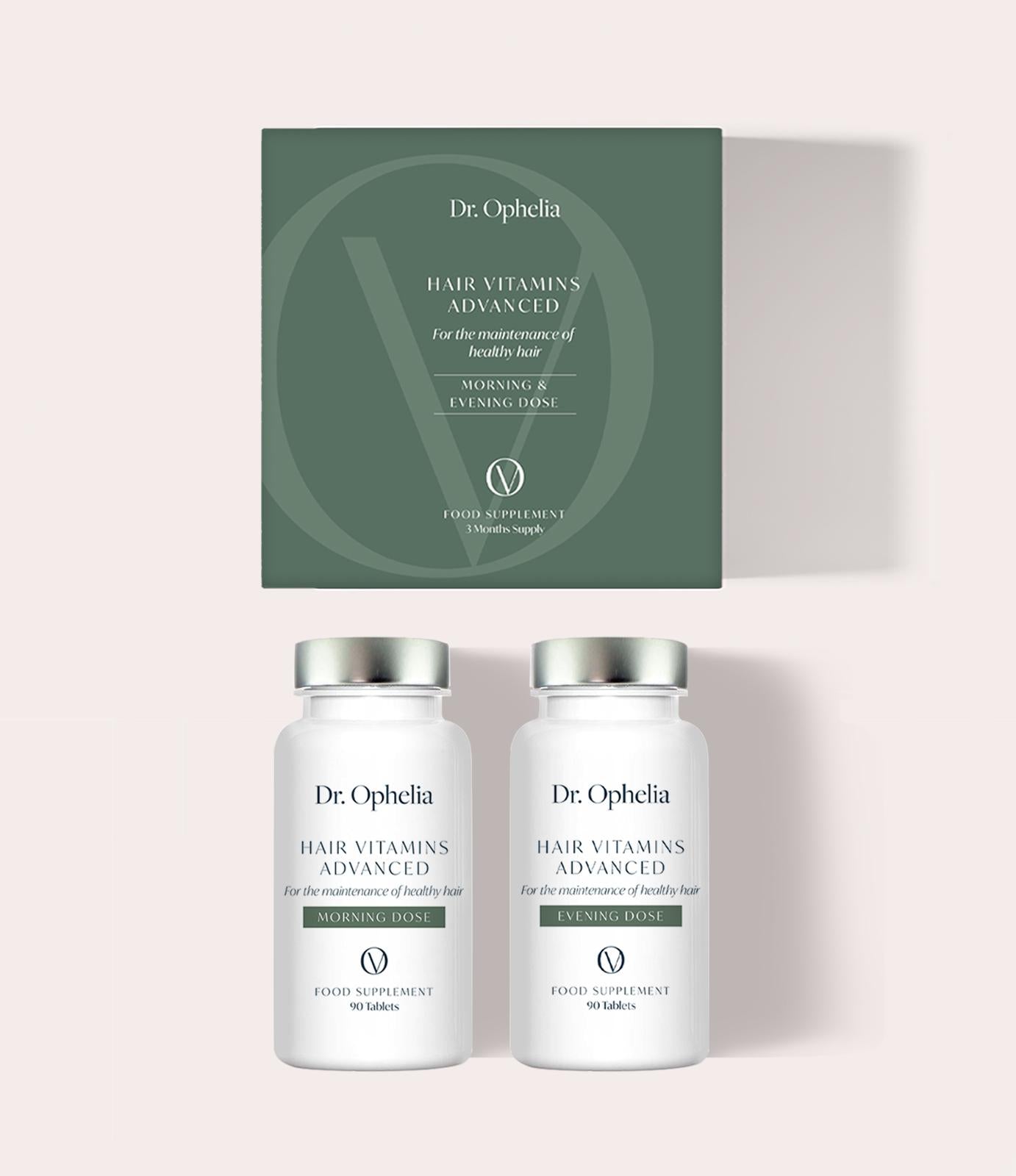
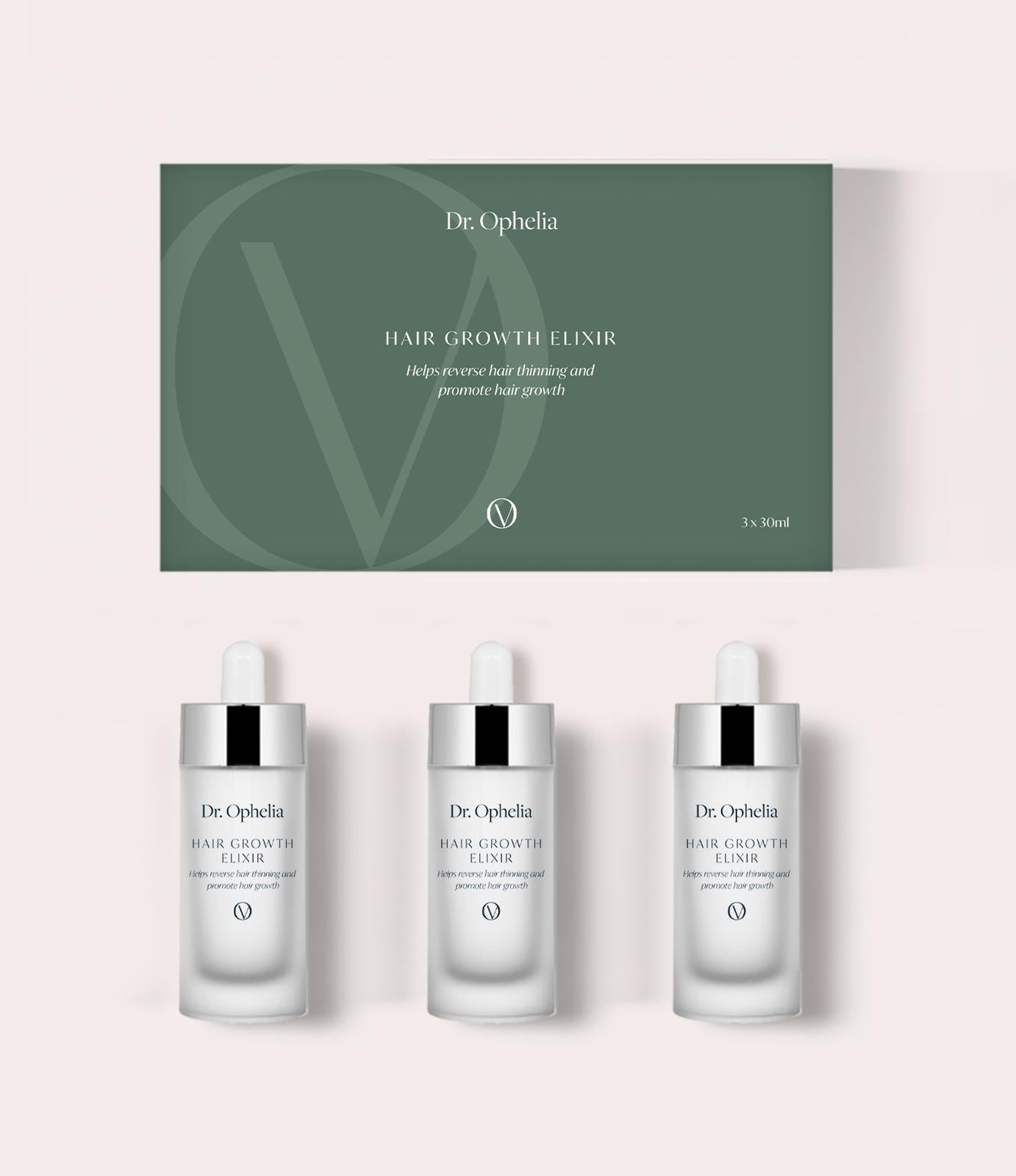
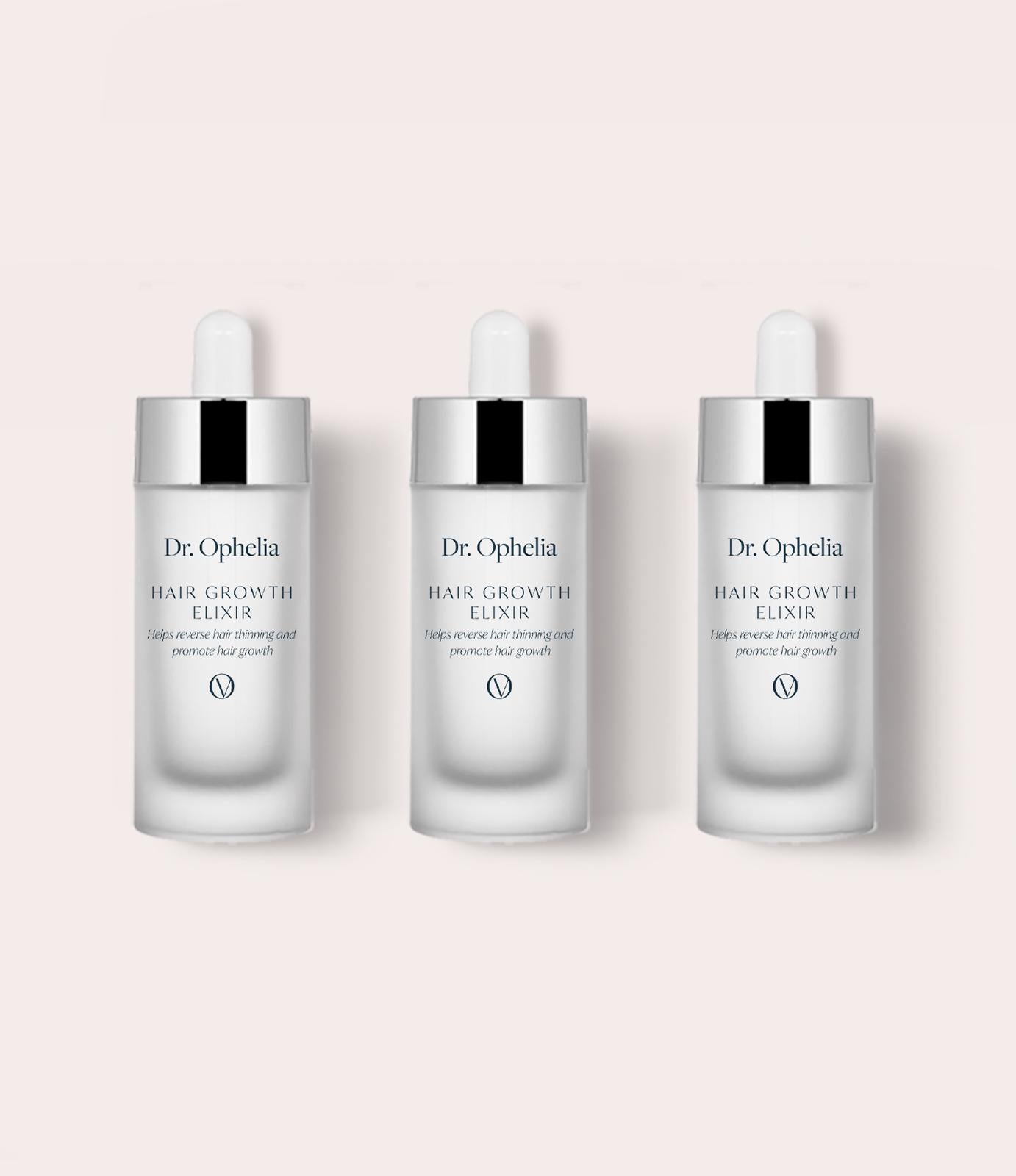
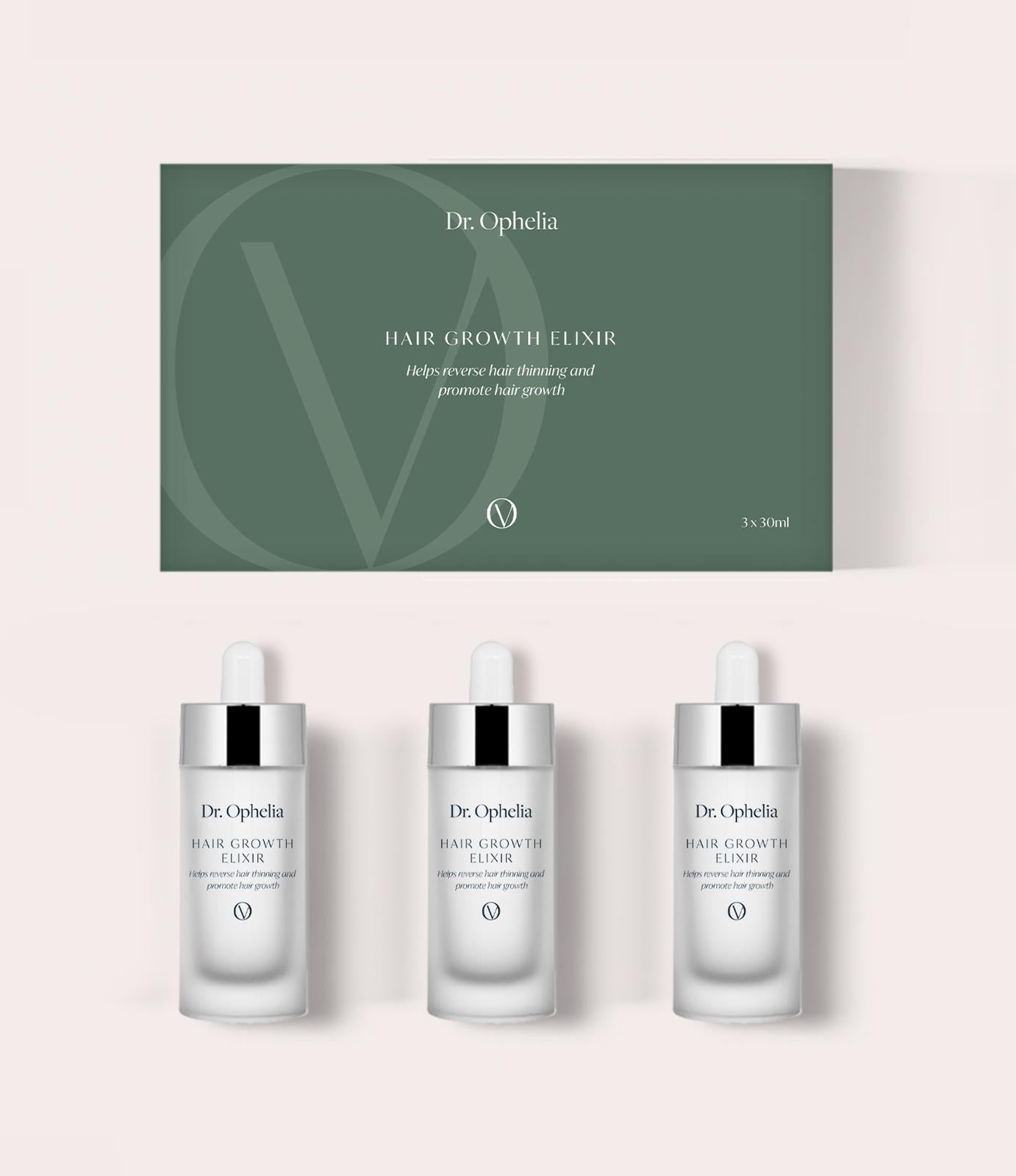
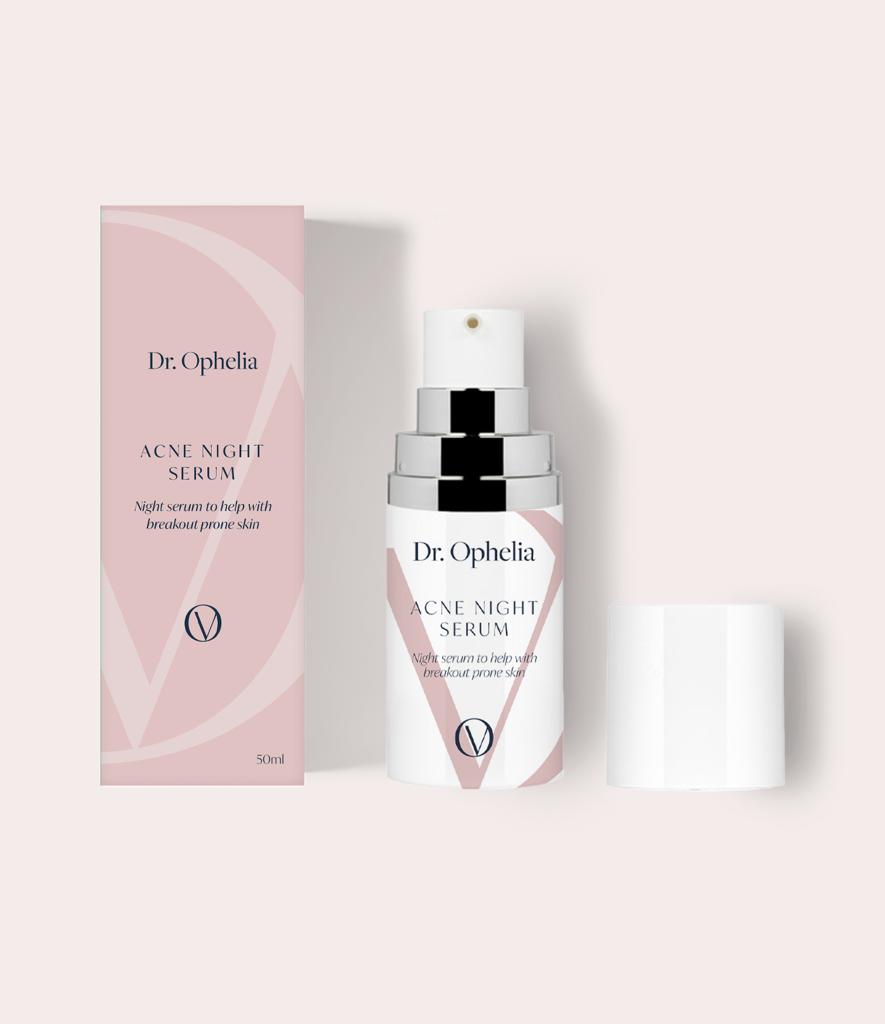
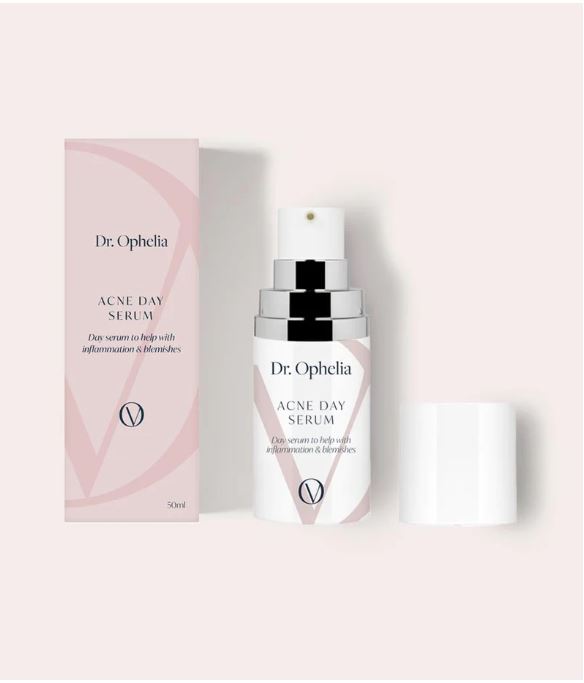
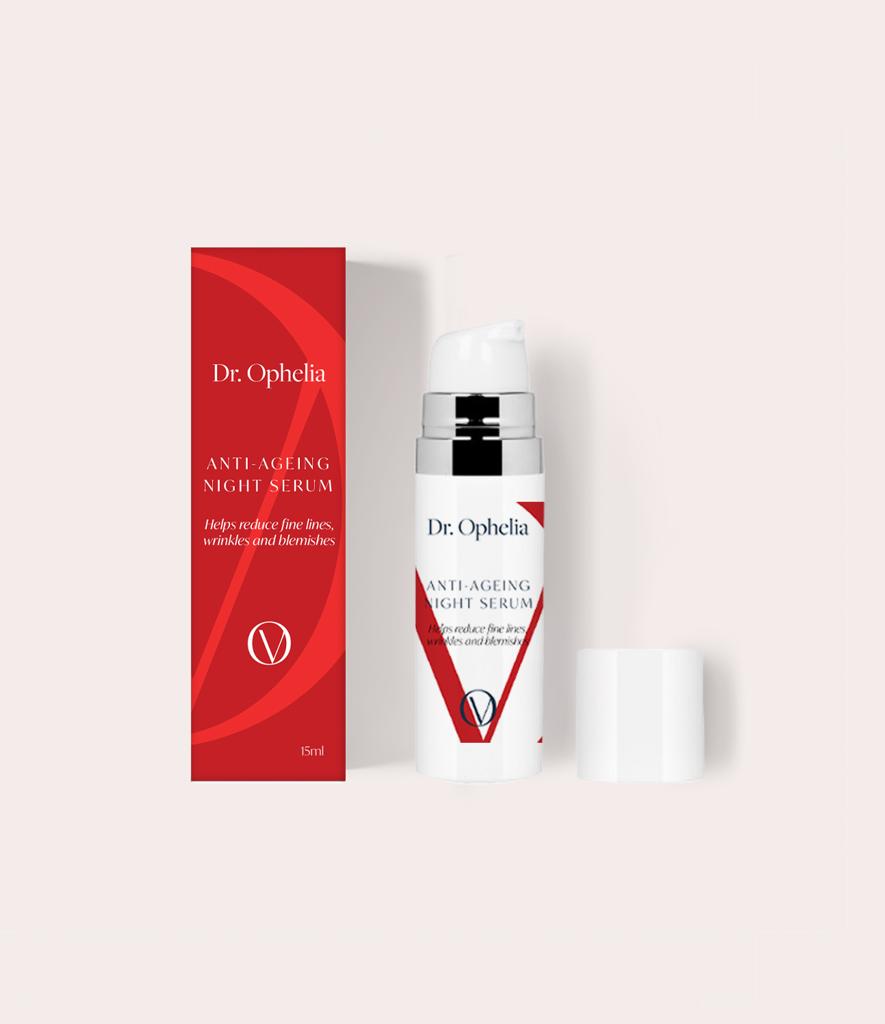
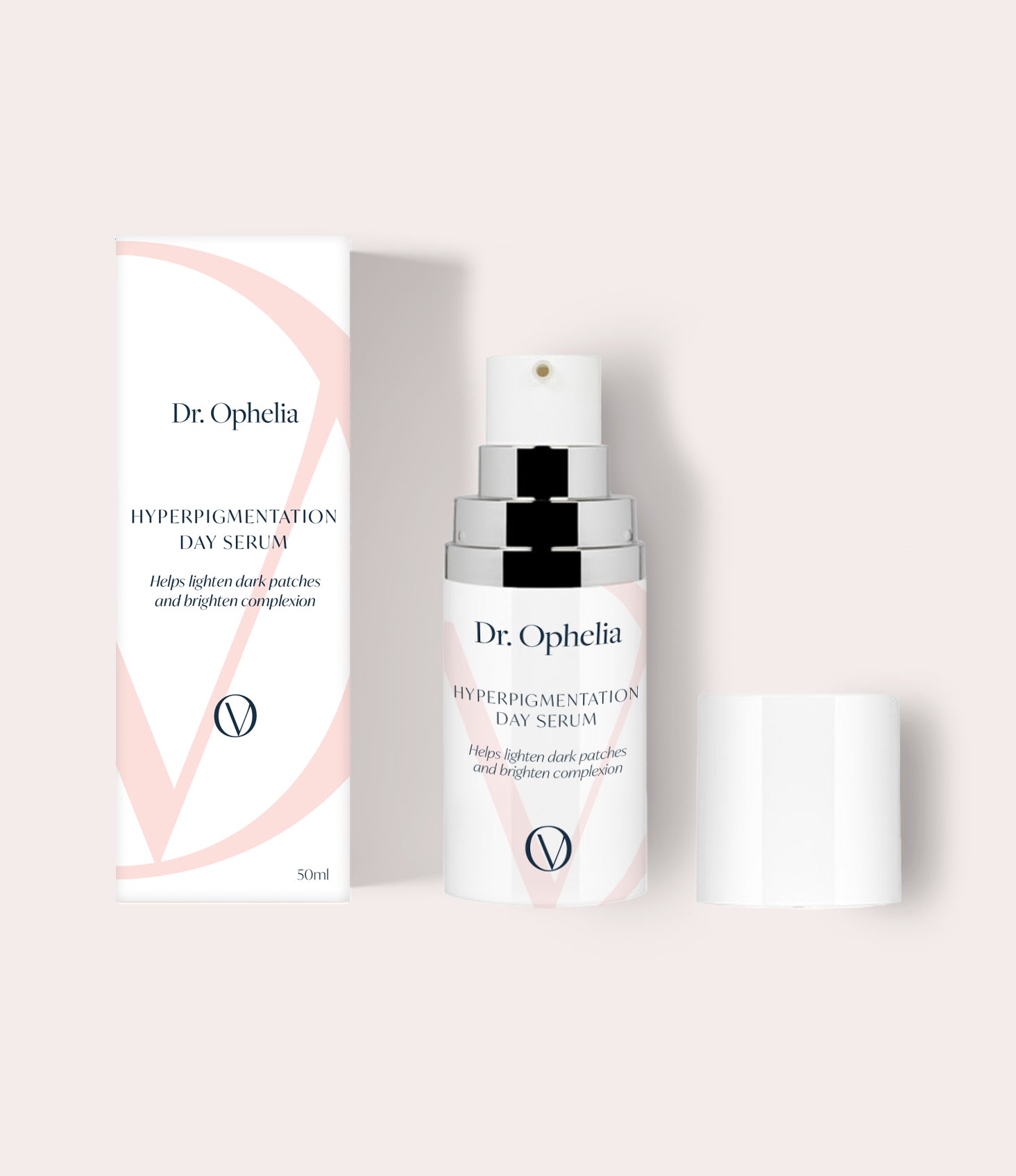
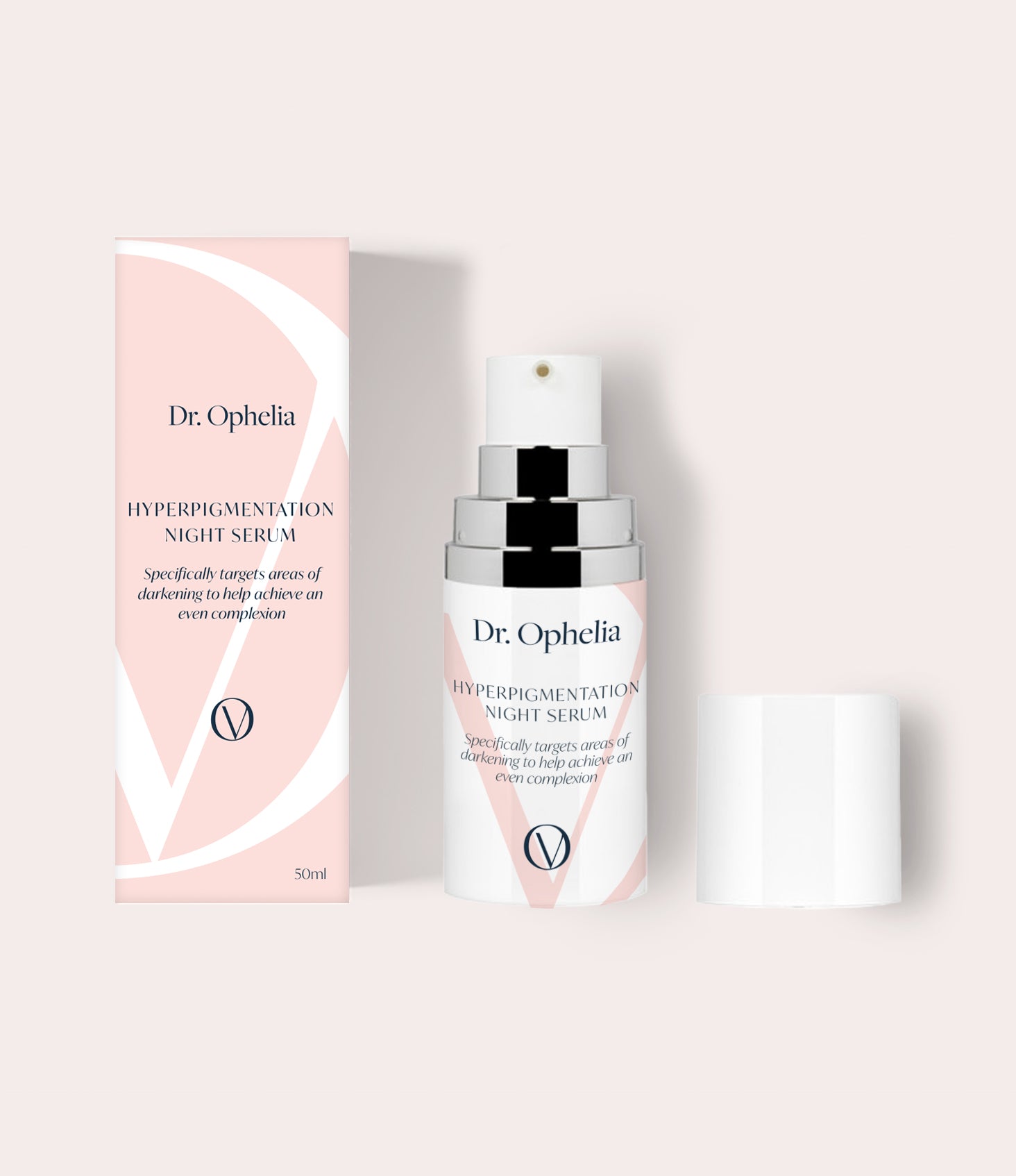
Leave a comment
This site is protected by hCaptcha and the hCaptcha Privacy Policy and Terms of Service apply.